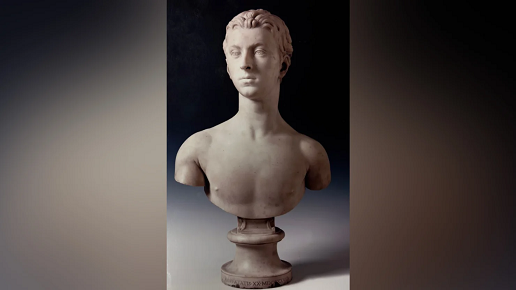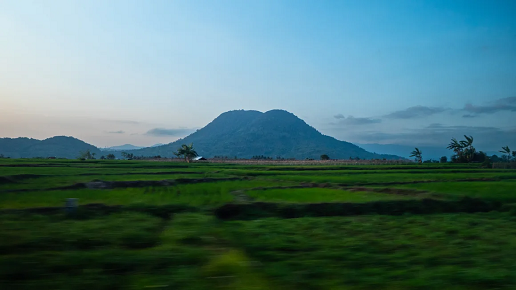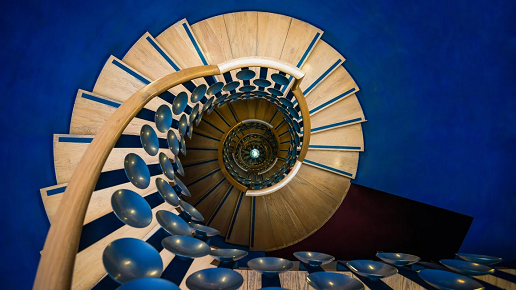By The China Post, Taiwan/ Taiwan Immigrants' Global News Network
According to The China Post, members and friends of Taiwan's Jewish community recently celebrated Hanukkah with their loved ones, which included lighting menorahs, exchanging wonderful recipes, and participating in other (religious) events.
Hanukkah, also known as the "Festival of Lights," commemorates the Maccabees' recovery of Jerusalem and subsequent rededication of the Second Temple in the 2nd century BCE, at the start of the Maccabees revolt against the Seleucid Empire (a Greek kingdom formed by the division of the Macedonian Empire).
Hanukkah is celebrated for eight nights and days in the Gregorian calendar, from late November to late December, by lighting candles in a "menorah" or "hanukkiah," a candelabrum with nine branches.
The "shammash" (the candle in the middle of the menorah) lights one candle each night (one each day) until all eight candles are lit together on the festival's final night.
1217.png)
The new immigrant from Israel shares the festival highlights. (Photo / Retrieved from the Pixabay)
The Israel Representative, Omer Caspi, told The China Post, "This is the festival's key ceremony." "Every night, we bless over the candles and light them as a blessing," says the narrator.
He explained, "We do it in every household as well as in public occasions."
"We also call Hanukkah the "Festival of Lights," Galit Cohen Caspi noted, emphasizing that the "hanukkiah" or "menorah" is placed where "everyone can see them, at windows, so all the people passing by may see all the lights in all the houses," according to custom.
She went on to say that other Hanukkah traditions include singing Hanukkah songs, playing dreidel, and eating oil-based dishes like "levivots" (latkes) and "sufganiot" (Hanukkah doughnuts) as well as dairy items.
Read More: Muslim-friendly environment in Taoyuan, Longgang Mosque underwent building expansion
1217.png)
During Hanukkah, people pray to the menorah every night. (Photo / Retrieved from the Pixabay)
"Hanukkah is a very, very family-oriented celebration," she concluded. "We get together with friends and family with kids with close family and friends every night over these eight evenings."
"We eat'sufganiot' and 'levivot' because they represent the oil, the wonder of the oil, the eight-day-long can of oil," she said. "So, according to tradition, you must consume a lot of greasy foods."
"Normally, the children spin the dreidel. She said that the dreidels include four letters that spell out "nes gadól hayá po," which means "a tremendous miracle happened here."
"After that, we give the kids "dmei anukah," which is Hanukkah pocket money," she explained. "It's a Jewish ritual that came back from Europe for the kids."
1217.png)
"Jewish families" in Taiwan celebrate Hanukkah. (Photo / Retrieved from the Pixabay)
When asked about the Jewish population in Taiwan, the official said that the Israeli community is small, particularly during COVID, when flights are tough and people don't travel as much as they used to.
Nonetheless, he noted that there is a rising interest in each other's cultures among Taiwanese and Israelis. He observed, "There are numerous similarities between Taiwanese and Israelis."
He went on to say, "Both peoples have a long, very old tradition and heritage." "I believe both peoples are very modernized, up to date, technology-based cultures on the one hand, but tradition is very essential on the other."
Authorization of this article from【The China Post】By Dimitri Bruyas

1217.png)





